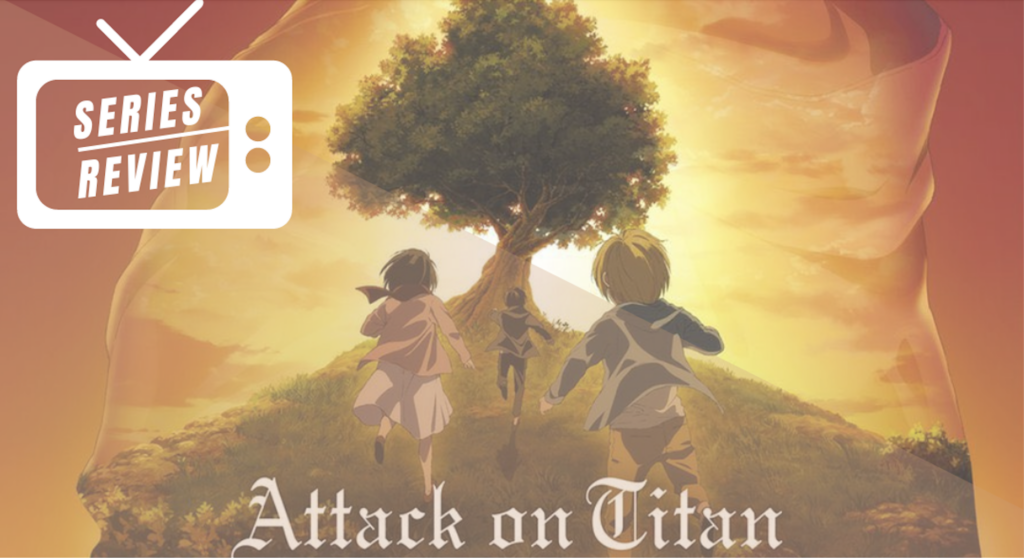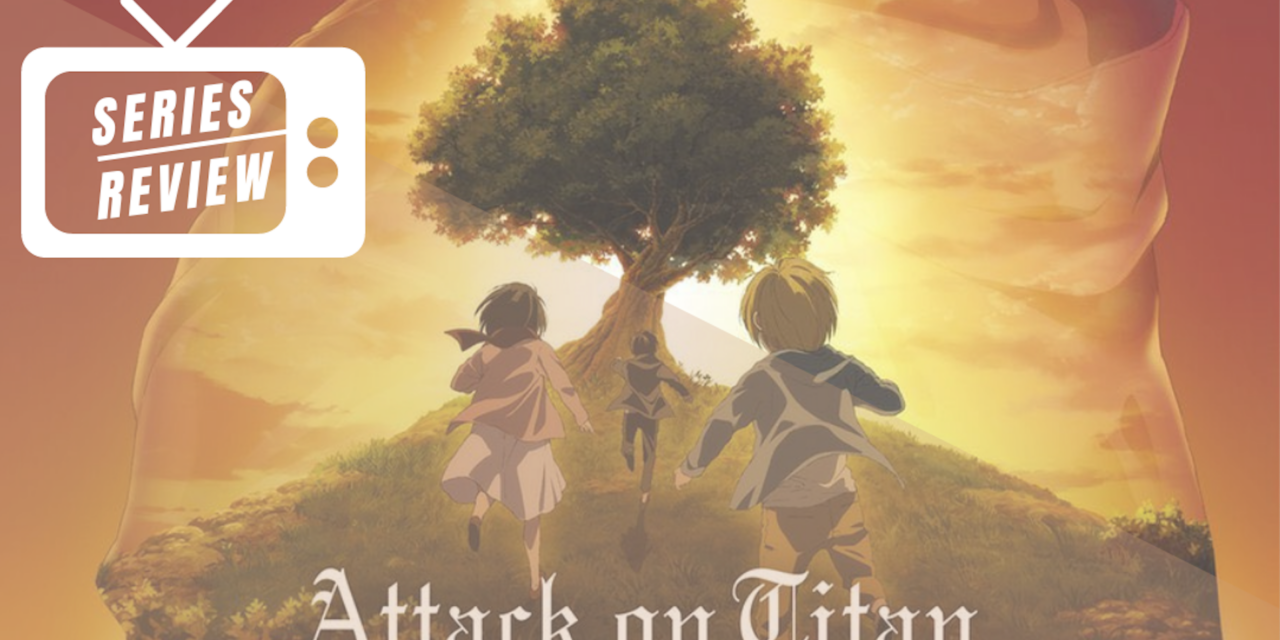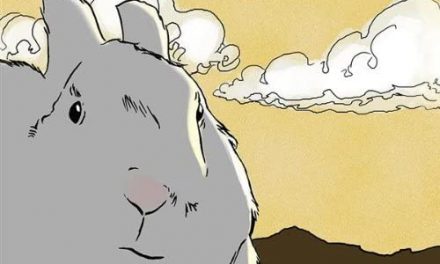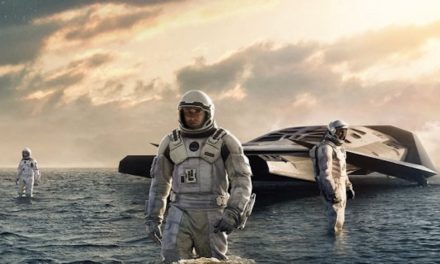
(Photo Manipulation by Ari Segal)
You might have heard “Attack on Titan” (2013) from its scary character design of men-eating titans or its violent scenes. When the author Hajime Isayama finished the manga series, there were storms of negative comments, saying that the ending was impotent and disappointing. But “Attack on Titan” is more than its apocalyptic world-building and complicated character development, as the final episode of its anime version finally showed the audience.
Crunchyroll LLC, the show’s production company, announced on Nov. 4 that the final season would conclude on Nov. 4, fulfilling the anticipation of its audience, who had been waiting for the final episode since March. The episode marks the end of the anime series’ 10-year run. Watching “Attack on Titan” for the first time when I was 10 years old, I couldn’t wait to see how the complicated storylines of the wars of hate between Paradis Island and Marley would resolve.
The final episode of season four starts when the giant titans in the Rumbling, a group of massacre titans called out by the protagonist Eren Yeager (Yuki Kaji) to protect his hometown people, stomp dead Hange Zoe (Romi Paku), the captain of the Survey Corps on the island. Luckily, Mikasa Ackermann (Yui Ishikawa), Eren’s best hometown friend with the best fighting ability, kills Eren to save humanity from destruction. Yet the episode is only halfway through at that point. It is later revealed from Eren’s memory that he knew all these wars would happen but did not stop them because he had already tried multiple times, failing to break the spell of doomed human history regardless.
The repetitive trauma of fighting culminates in the final episode. Even during the Rumbling that could kill all humans regardless of their nationality, one Marley soldier says to a Paradis Island citizen, “If we had weapons now, we’d fight each other again.”
Yet the production company of the final season, MAPPA, brushed off a lot of these complications, hastily pushing the plot to the end. For instance, in the manga, when Eren fights Mikasa and others who are trying to stop the Rumbling, he turns innocent people from Paradis Island into mindless titans to defend him. As a result, the soldiers have to witness their beloved families turning into creatures that know nothing but eating people. These scenes were almost entirely omitted in the final episode.
MAPPA, who took over production of the show at the beginning of its fourth season from WIT STUDIO, aimed to give a different style to the anime as the plot turns from solely Paradis Island to more complicated warfare. Despite their hastiness, MAPPA did a wonderful job of depicting other conflicts through their adept use of contrast in coloration and clever visual emphasis on emotions rather than pure fighting. They also used clips from memories and dreams to make the episode more emotionally charged. To human beings from Eren’s massacre, Mikasa has to kill him, the love of her life. MAPPA first added an episode of Mikasa’s dream of living with Eren in recluse from the world that is impossible to save. Then, MAPPA omitted sound effects when Mikasa slashes Eren’s head off, highlighting Eren’s cruelly calm face and Mikasa’s conflicted tears.
When Eren talks to Survey Corps’ strategist Armin Arlert (Marina Inoue) about the repetitive tragedies of human beings killing one another he saw from other titans’ memory, the environment eerily turns blood-red as Eren puts his hand in the seawater. MAPPA depicted the stark contrast between a clear sky of dreams and a dark red sea of death, revealing the inescapable cruelty of human beings.
Everything in the manga is depicted in black and white. While MAPPA put most of the show’s final episode in vibrant color, they honored the original monotonous grayscale at times to deliver the shattering weight of war and cruelty on humanity. When Eren first appears in his founding titan form, MAPPA draped the scene in black and white, except for a baby crying alone in the chaotic masses. The baby is wrapped in a bright red swaddling, reminiscent of the little girl in “Schindler’s List” (1993).
Despite the success of the show’s visual arrangement, MAPPA overused music in its final episode. Powerful symphonies overcome almost every second of the visual, leaving no space for the audience to think through the plot as it occurs or reflect on the themes of the circular sorrows of human history. Moreover, the music overshadows the destructive steps of the giant titans in the Rumbling, downplaying the effects of the catastrophe. While “Attack on Titan” has always been known for its majestic use of music, incorporating passionate songs like “Guren no Yumiya” (2017) and “Jiyuu no Tsubasa” (2017), the final episode features a more sorrowful, reflective theme and thus needs to accordingly change its music style to a quieter tune.
Additionally, due to the rushed plot, MAPPA failed to capture the complexity of many of the series’ characters in the final episode. While WIT STUDIO used more than 40 episodes to construct and maintain the complex world of Paradis Island, MAPPA had only 30 episodes to extend the storyworld and simultaneously introduce new characters. Levi Ackerman (Hiroshi Kamiya), a beloved team leader in the Survey Corps who has extraordinary fighting skills, is depicted one-dimensionally as a cold-blooded killer. Annie Leonhart (Yu Shimamura), a central character who Marley military uses as a spy, has no role in the final episode apart from being a fighting tool.
Falling in love with “Attack on Titan” as a kid, I was drawn to the first few seasons’ emphasis on rebellion in the face of an authoritarian government and the quest for freedom. However, as the story moves forward, more intricacies emerge, trying to confront the true nature of human history. Under the superficial phenomena of rebels and coups lies the constant repetition of murder and hate yet also love. Many may carry mixed feelings about the final episode, as it doesn’t deliver a happy ending nor a clear-cut central theme, but its exploration of intertwined conflicts is impactful regardless, particularly in our times of polarized politics and increasing warfare.
Amiee Zhao is from Shanghai, China. At the Wheel, she is Emory Life editor and a writer for multiple sections. Outside of the Wheel, she enjoys traveling and reading non-fiction. She is also involved in OxBroadway and Autism Advocacy Organization.






